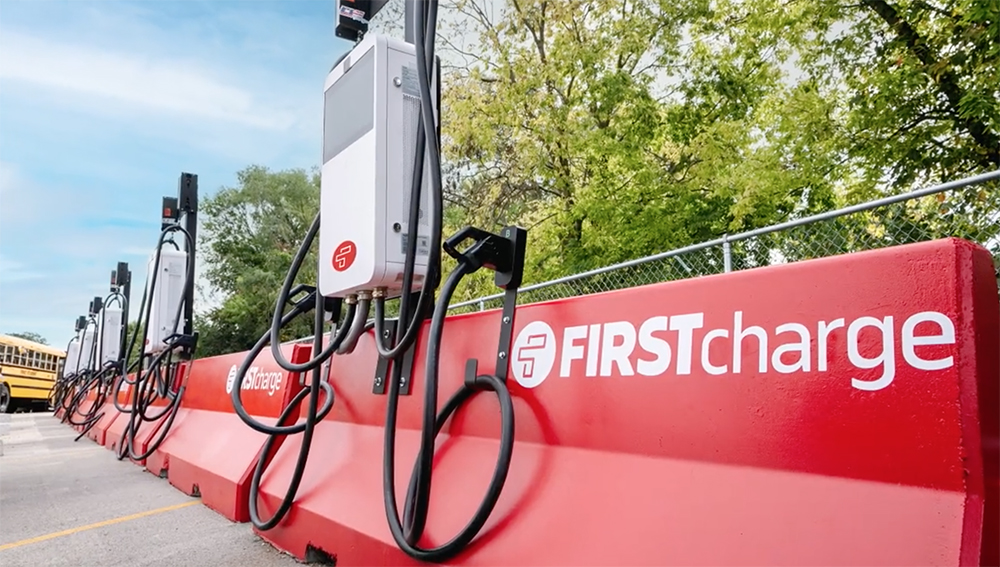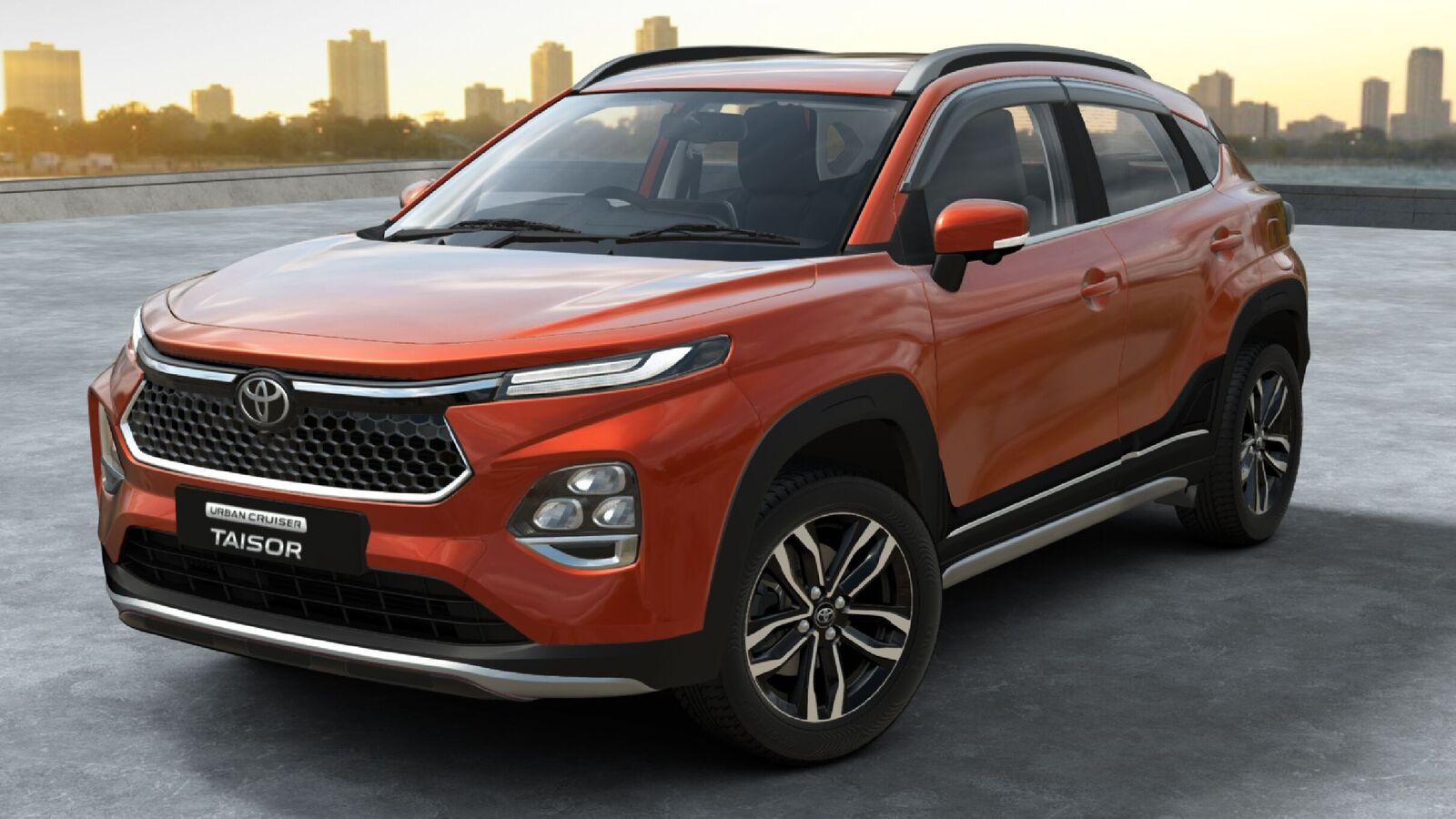Student transportation provider First Student is working with New York electric utility Con Edison to demonstrate a Smart Energy Hub that will support the electrification of school buses in Brooklyn.
First Student has around 2,000 electric school buses under contract in school districts across the US, and more than 360 EVs deployed.
The Brooklyn project will include a fleet of 12 electric school buses, which will be topped with solar panels, and will replace diesel buses at First Student’s location on Malta Street. The panels, along with solar arrays on the rooftop of the facility, will be part of a generation, battery storage and power delivery system that’s capable of shifting loads to non-peak times and/or providing backup power in outages.
For this project, First Student will deploy its First Charge solution, a trenchless power deployment approach that the company says reduces construction costs by at least 30% and enables a more efficient deployment.
The project includes V2X capabilities (aka a microgrid). “V2X goes beyond simply plugging electric school bus batteries back into the grid, expanding instead to include the capacity to direct electricity delivery where it is needed,” First Student explains. “In summer months, when the buses are idle, and energy needs soar, or during emergencies, the smart energy hub significantly increases capacity, generating additional power for Con Edison.”
“First Student’s unparalleled battery storage capacity and pioneering First Charge technology solves an immediate need in many American communities: affordable, clean electricity supply that expands the capabilities of existing power grids,” said First Student CEO and President John Kenning. “We do this while providing a better experience for students by putting more electric buses on the roads, creating a safer, more enjoyable ride that’s healthier for kids and better for the environment.”
“Our company leads the industry in moving students, and now we are showing the world how to move electrons. We’ are proving that a scalable, cost-effective microgrid is possible, and doing it using bus batteries that otherwise would be sitting dormant,” said First Student Chief Engineer Alex Cook. “We learned from successful trials in multiple other deployments that combine First Student’s innovative charging infrastructure solution with unique energy storage options and dynamic load management software.”
Source: First Student




